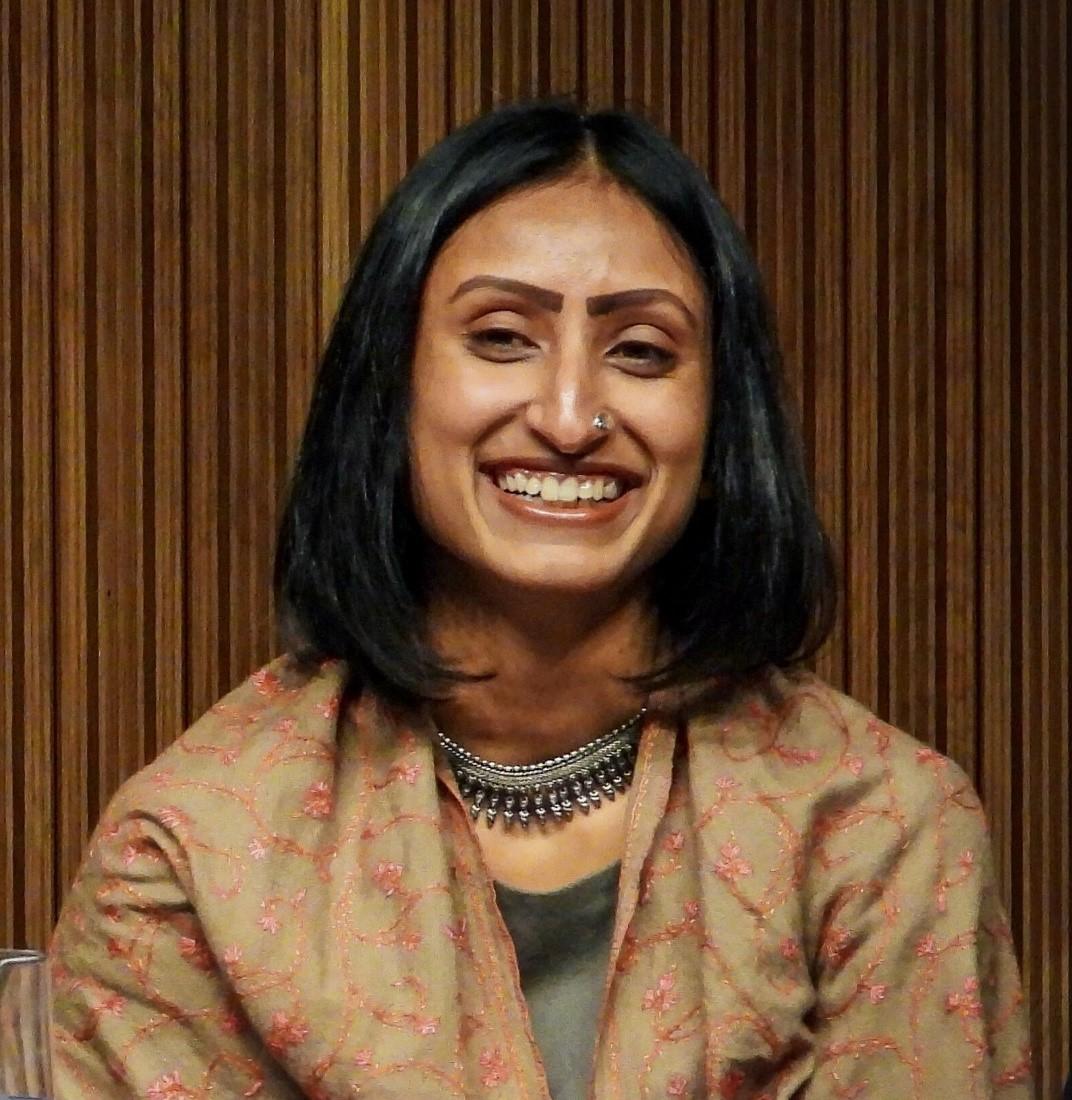Book Presentation: Giovanna Gilleri - Sex, Gender and International Human Rights Law: Contesting Binaries (Routledge 2024)
Speaker(s):
Series:
Associated with:
Notes & Changes
This event will take place fully online. To join, please register your attendance here.
What is the relationship between sex and gender under international human rights law? How does this influence the formation of individual subjects? International human rights law is based on many dichotomies: male/female, man/woman, sex/gender, nature/nurture, masculine domination/feminine subordination, homosexual/heterosexual. But binaries cannot really reveal the assumptions of gendered interplays. In fact, power dynamics between gendered subjects are multiple and nuanced, besides traditional accounts of violations against the woman-victim. Different interpretations of domination and subordination in relation to femininities and masculinities determine the scope of human rights protections, and the way in which the law shapes individual subjectivities. The author digs deep into gendered meanings and their transmission: what human rights law says, what it does not say, and what it cannot say. This is the first book that explains to a varied audience the impact of gendered human rights on subject formations from multiple perspectives – international law, critical legal theory, gender studies, queer theory, psychoanalysis, and cultural studies. Scholars and practitioners from these fields will find it a sophisticated conceptual framework on gender, sexuality, and human rights to be used in research, advocacy and clinical practice.
Author
Giovanna Gilleri

Giovanna Gilleri is the author of the first book of the Routledge series on feminist and queer approaches to international law, entitled Sex, Gender and International Human Rights Law: Contesting Binaries. She researches in the theory and practice of gender and human rights law from the perspective of critical legal feminist, queer and psychoanalytical studies. Other areas of interest include the right to mental health, human rights indicators and comparative human rights law. Giovanna holds a PhD in international human rights law from the EUI; an LLM in comparative, European and international laws from the EUI; an LLM in human rights, conflict and justice from SOAS; and a combined LLB+LLM from the University of Trieste. She was a postdoctoral research fellow at the Departmental Centre for Law and Pluralism, University of Milan-Bicocca (Italy). She was previously gender and land rights intern at the Food and Agriculture Organization of the United Nations; legal intern at the European Court of Human Rights; and research fellow at the University of Trieste.
Discussant
Mihika Poddar

Mihika is a DPhil candidate in law at the University of Oxford. She is undertaking research supervised by Kate O’Regan and Barbara Havelkova on legal recognition of personal identities, including race, sex/gender and caste. Mihika completed the MPhil in Law in 2021 working on legal regulation of gender identity, and obtained the Bachelor of Civil Law (BCL) with Distinction on a Rhodes Scholarhsip. She was awarded the Law Faculty Prize in Comparative Equality Law in 2020. Mihika is also a qualified Indian lawyer and university medallist from the West Bengal National University of Juridical Sciences, India, where she completed her B.A. LL.B. (Hons.) in 2019.
Mihika is a tutor for Feminist Perspectives in Law at St Catherine's College. She is co-convenor of the Feminist Jurisprudence Discussion Group, and a blog editor for the Oxford Human Rights Hub, as well as the faculty's Family and Medical Law blog. She previously served as co-chair of the Oxford Pro Bono Publico.
Chair
Shreya Atrey

Shreya Atrey is an Associate Professor in International Human Rights Law at the Faculty of Law, University of Oxford. She works on equality and human rights law. Her work has been cited by the Constitutional Court of South Africa and the Supreme Court of India. Her monograph, Intersectional Discrimination (OUP 2019) won the runner-up Peter Birks Book Prize awarded by the Society of Legal Scholars. Shreya is the Editor of the Human Rights Law Review.


 Add to calendar
Add to calendar


